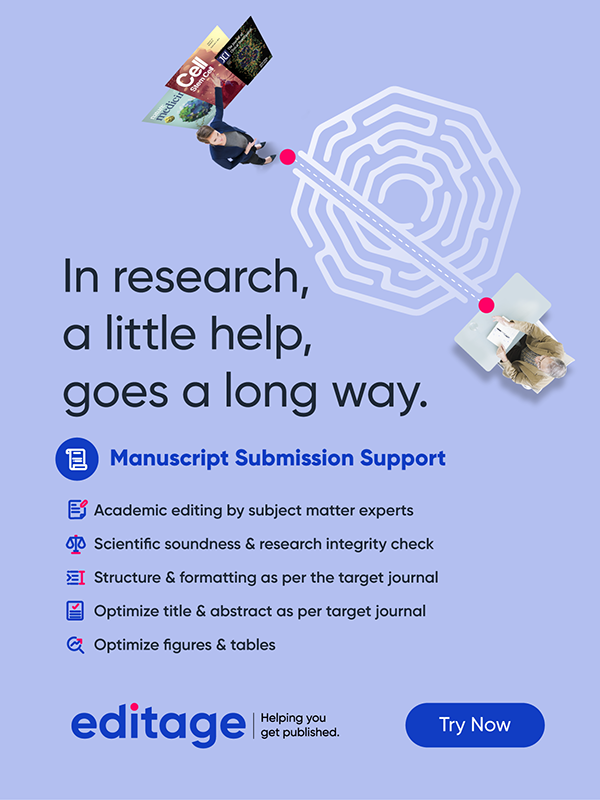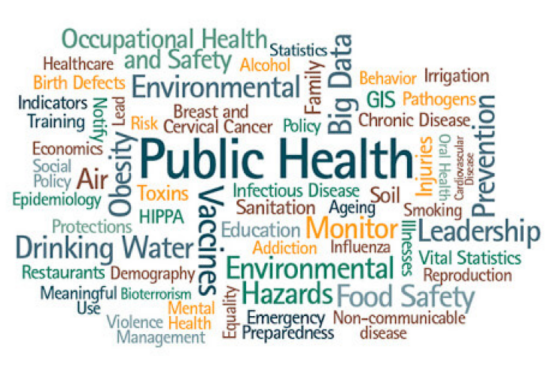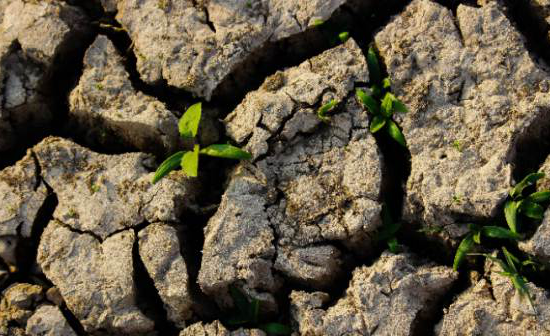
|
Getting your Trinity Audio player ready...
|
Research is the cornerstone of academia, guiding us in understanding the world around us and driving innovation. However, it’s crucial to acknowledge that the human mind is not always an objective observer. Cognitive biases can subtly influence our perceptions, decisions, and conclusions, leading to skewed research outcomes. As scientists, it’s paramount to grasp the concept of cognitive bias and its implications. Let’s explore what cognitive bias entails and how it can impact your research endeavours.
What is Cognitive Bias?
Cognitive bias refers to systematic patterns of deviation from rationality or judgment, often stemming from mental shortcuts our brains take to process information efficiently. These biases can manifest in various forms, affecting how we perceive, interpret, and recall information. While they serve as adaptive mechanisms in certain contexts, they can significantly distort research findings if left unchecked.
Types of Cognitive Bias
Understanding the different types of cognitive bias is essential for recognizing them in research settings:
Confirmation Bias
This bias involves seeking out or interpreting information in a way that confirms preconceptions or hypotheses while ignoring contradictory evidence. In research, confirmation bias can lead to cherry-picking data that supports a desired outcome, undermining the integrity of the study.
Availability Heuristic
This bias occurs when we overestimate the importance of information readily available to us, often based on recent or vivid experiences. In research, this can result in prioritizing easily accessible data over comprehensive analysis, leading to incomplete or misleading conclusions.
Anchoring Bias
Anchoring bias involves relying too heavily on the initial piece of information encountered (the “anchor”) when making decisions or judgments. In research, anchoring bias can influence the interpretation of results based on the first data point or theory encountered, limiting exploration of alternative hypotheses.
Implications of Cognitive Bias for Research
Cognitive bias can have significant implications for the validity and reliability of research findings:
Distorted Conclusions
Biased interpretation of data can lead researchers to draw conclusions that are not supported by evidence, undermining the credibility of the study and potentially leading to erroneous beliefs or practices.
Impeded Innovation
When researchers are influenced by cognitive biases, they may overlook novel ideas or alternative perspectives, hindering progress in their field and limiting opportunities for innovation and discovery.
Wasted Resources
Research conducted under the influence of cognitive bias may result in wasted time, funding, and resources on studies with flawed methodologies or unfounded conclusions, diverting attention from more promising avenues of inquiry.
Mitigating Cognitive Bias in Research
While cognitive bias is inherent to human cognition, there are strategies to mitigate its impact on research:
Awareness
Simply being aware of the existence of cognitive bias is a crucial first step in mitigating its influence. By acknowledging our susceptibility to bias, researchers can take proactive measures to minimize its effects on their work.
Diverse Perspectives
Encouraging collaboration and seeking input from diverse perspectives can help mitigate cognitive bias by challenging assumptions and fostering critical evaluation of evidence from multiple angles.
Methodological Rigor
Employing robust research methodologies, such as randomization and double-blinding, can help minimize the influence of bias and enhance the validity of research findings.
Conclusion
Understanding the role of cognitive bias in research is essential for scientists. By recognizing the various forms of bias and their implications, researchers can take steps to minimize their influence, thereby fostering more rigorous and reliable scientific inquiry. By embracing objectivity and critical thinking, scientists can contribute to the advancement of knowledge with integrity and precision.
Click here to know more about services: https://www.editage.us/services/research-paper-manuscript-formatting-services









Leave a Reply